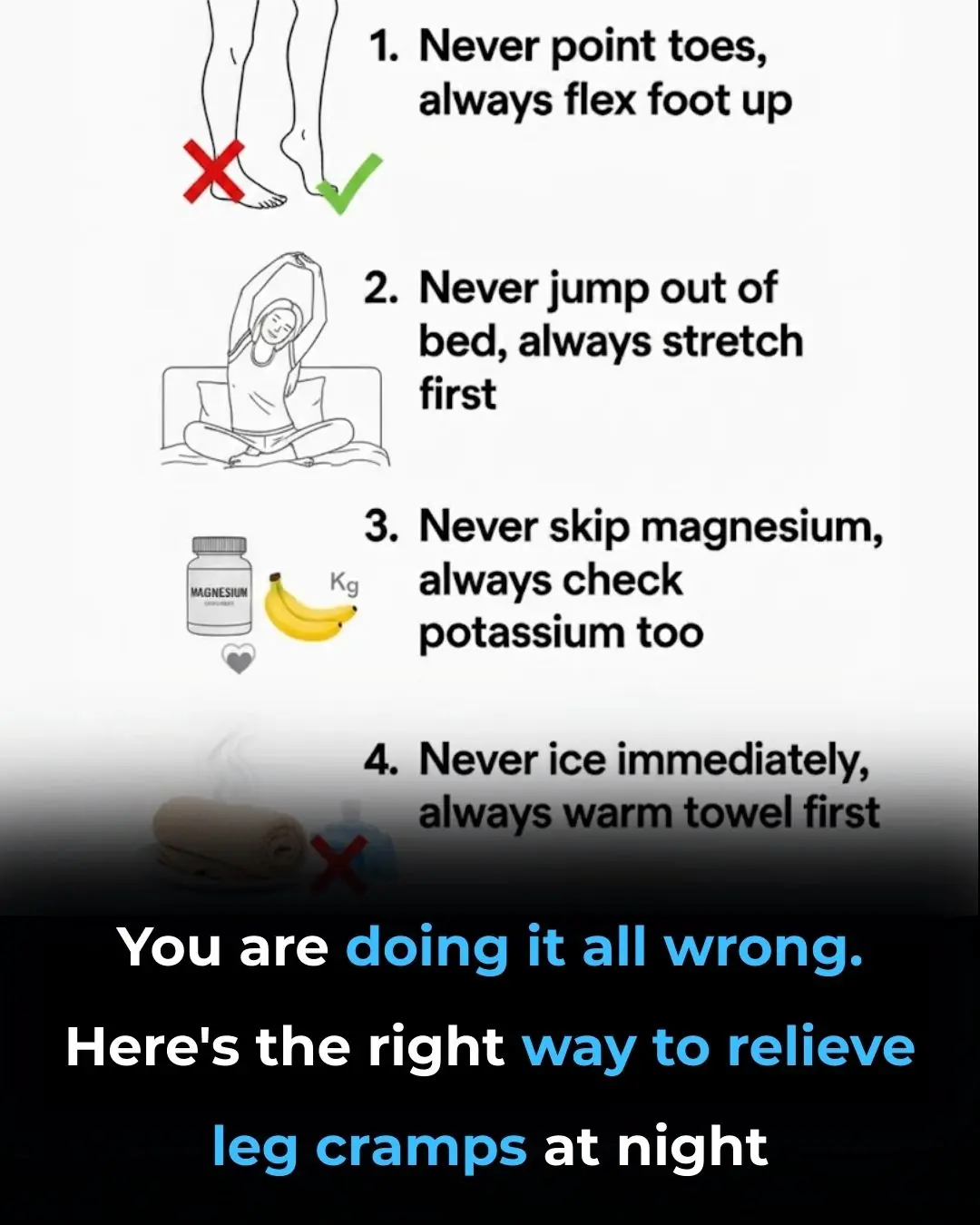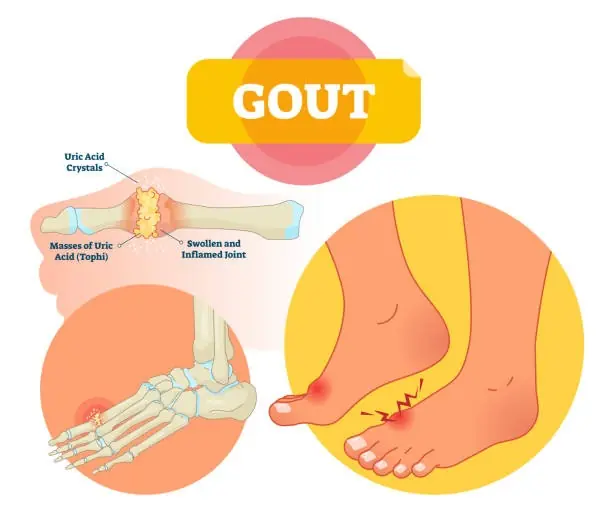
7 ways to protect your heart during the winter months

Don’t Let the Cold Freeze Your Heart Health
Winter may feel magical—holiday lights, cozy sweaters, warm dinners—but beneath the surface, your heart is working harder than you think. Studies consistently show that heart attacks, strokes, and arrhythmias (such as AFib) peak during the coldest months, especially around Christmas and New Year’s. The good news? With a few smart, heart-healthy habits, you can significantly reduce your risk.
This guide explains why winter stresses your heart and how to protect yourself all season long.
Key Takeaways
-
Cold weather raises cardiovascular risks by constricting blood vessels, thickening the blood, and stressing the heart.
-
Holiday eating, drinking, stress, and lack of sunlight make risks even higher.
-
A heart-healthy diet, movement, good sleep, stress management, and vitamin D are crucial for winter wellness.
1. Why Winter Raises Heart Risk
Cold temperatures force your blood vessels to tighten, which increases blood pressure and makes your heart work harder. Your blood can also thicken in cold weather, raising clot risk. If you already have hypertension, heart disease, or arrhythmias, these changes can be dangerous. Awareness is your first line of defense.
2. Keep a Heart-Healthy Diet (Even During the Holidays)
Winter comfort foods often mean more sugar, fats, and processed snacks. But your heart needs nutrient-dense options:
-
Load up on winter vegetables like beets, carrots, squash, and sweet potatoes.
-
Eat leafy greens—spinach, kale, Swiss chard—which are linked to lower heart disease risk.
-
Add omega-3-rich seafood to reduce triglycerides and support circulation.
-
Replace heavy appetizers with roasted veggies or fruit platters to avoid holiday overeating.
3. Move Your Body—Even in the Cold
Cold weather makes skipping exercise tempting, but physical activity is essential for heart function, circulation, and healthy blood pressure.
Try:
-
Brisk outdoor walks (layer up!)
-
Winter sports like cross-country skiing or snowshoeing
-
Indoor workouts, online classes, or active games with family
4. Watch Your Alcohol Intake
Holiday celebrations often come with more drinking—but alcohol dehydrates, strains the heart, and increases risk of arrhythmias like AFib. Even moderate amounts can affect blood pressure.
Tips:
-
Choose mocktails
-
Sip slowly
-
Drink plenty of water between beverages
5. Prioritize Stress Relief
Winter often brings financial pressure, holiday obligations, and seasonal depression. Stress raises blood pressure and inflammation—two major heart risks.
Helpful practices:
-
Deep breathing or meditation
-
Gentle yoga or stretching
-
Setting boundaries and avoiding overscheduling
Seek support if winter affects your mental health.
6. Get Quality Sleep
Your winter urge to sleep more is actually beneficial. Sleeping 8–9 hours supports cardiovascular repair, lowers blood pressure, and stabilizes mood.
Tips:
-
Maintain a consistent bedtime
-
Unwind without screens
-
Try warm baths, reading, or relaxation techniques before bed
7. Boost Your Vitamin D Levels
Less sunlight means lower vitamin D—and deficiency is linked to higher rates of heart disease, high blood pressure, and winter cardiovascular events.
Do this:
-
Get outside whenever daylight appears
-
Use a vitamin D lamp if you live in low-sun regions
-
Consider supplements (consult your doctor first)
Sunlight also boosts nitric oxide production in the skin, which keeps blood vessels relaxed and reduces clot risk.
Conclusion
Winter adds extra strain to your heart—but you can stay protected with simple lifestyle strategies. Eat smart, stay active, manage stress, get good sleep, and maintain healthy vitamin D levels. Make conscious choices now, and your heart will stay strong through the coldest season.
Stay warm, move often, eat well—and let your heart enjoy winter as much as you do.
News in the same category


Got High Blood Pressure? Try This 2-Ingredient Tea!

The Best Natural Remedies to Treat and Prevent Varicose Veins Effectively

People Who Do This Every Morning Have Better Circulation and More Energy

12 warning signs of poor circulation in your legs.

Treating Nail Fungus Naturally

Unexplained Bruising on Your Body: Causes and Treatments

Coconut water: Is It Good for You, Nutrition, Benefits, Side Effects (Science Based)

Lose just 1 gram of fat in your pancreas – and your diabetes may reverse, study finds

Doctors warn about 7 overlooked prostate cancer signs you should never ignore

The best way to lower blood pressure fast!

Top 5 Veggies to Detox Your Arteries and Prevent Heart Attacks!

Untreated sleep apnea may nearly double your risk of Parkinson’s, major study finds

Warning Signs Your Magnesium, Potassium and Calcium Levels Are OFF and How To FIX It!

You are doing it all wrong. Here’s the right way to relieve leg cramps at night

Few Know This Trick To Stop Uric Acid Crystals From Destroying Joints

WHAT IS THROMBOSIS? SYMPTOMS AND HOW TO PREVENT IT

The Surprising Healing Power of Onion Milk

AVOID Ginger If You Have THESE Health Problems
News Post

Dandelion Root Extract Shows Potential to Eliminate Up to 95% of Cancer Cells in 48 Hours

Meet the Solar-Powered Sea Slug: The First Animal Known to Photosynthesize!

13-Year-Old Boy's Heartwarming Act of Sacrifice: Buying His Mother a Car Through Hard Work and Compassion

Living With a Rare Condition, a 25-Year-Old Faces One of Life’s Hardest Decisions

Simple Ways to Reduce Nighttime Wake-Ups and Improve Sleep Quality.

Aretha Duarte Makes History As First Black Latin American Woman To Climb Mount Everest

Doctors reveal the #1 supplement to reduce dementia risk

The Coffee Photo That Survived the War.

Issa Rae Opens New ‘Downtown Dough’ Pizzeria in L.A.

From Hardwood Hero to Human Inspiration: The Legacy of Rodney Rogers.

The step-by-step plan to drop 30 pounds quickly in 2025

The Weight Bryce Couldn’t Carry Alone.

A Lesson Two Boys Will Carry for Life.

Got High Blood Pressure? Try This 2-Ingredient Tea!

106 & Park to Celebrate 25 Years With an Epic Reunion at the 2025 BET Awards

She Just Opened The First Black-Owned Direct Primary Care Facility In Washington State

The First Time Pyi Mai Touched the River.

🛡️ The Holy Grail of HIV Research: A Broadly Neutralizing Antibody Targets the Virus's Achilles' Heel

The Day Mr. Brooks Walked Back Into the Sunlight.
